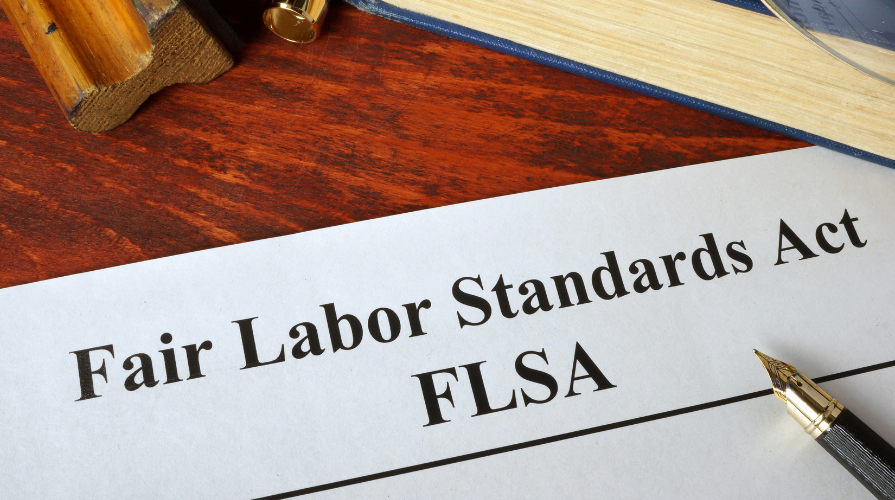On January 9, 2024, the U.S. Department of Labor (DOL) issued a final rule redefining the term “independent contractor” as applied under the Fair Labor Standards Act (FLSA). This new rule is largely consistent with the DOL’s 2022 proposed version, replacing its prior analysis under a 2021 rule, which considered whether a worker should be characterized as an employee or an independent contractor.
The 2021 rule made it easier for a worker to be defined as an independent contractor and focused on (1) a worker’s degree of control over their work; and (2) the degree of permanence of the working relationship. In analyzing this two-factor test, the DOL also considered less significant factors, which include the amount of skill required for the work and whether the work is part of an integrated unit of production.
Under the new rule, the DOL now applies a six-factor test to determine whether a worker should be classified as an employee or an independent contractor. The six-factor test considers:
- A worker’s opportunity for profit or loss.
- The financial stake and nature of any resources a worker has invested in the work.
- The degree of permanence of the work relationship.
- The degree of control an employer has over the work.
- Whether the work performed is essential to the employer’s business.
- The worker’s skill and initiative.
These factors are non-exhaustive and the DOL will take a “totality of the circumstances” approach to analyzing a worker’s status, rather than prioritizing certain factors as it had previously done under the 2021 rule.
Impact on Employers
The new rule goes into effect on March 11, 2024, and aims to increase protections for workers to ensure that employees are not mistakenly labeled as independent contractors. This distinction is important because under the FLSA, independent contractors are not entitled to the same rights as employees and do not receive minimum wage, overtime pay, and other protections afforded to employees. Under the DOL’s new rule, employers must consider workers employees when they are “economically dependent” on the company.
While it is possible there will be legal challenges to the new rule, employers should review the new rule closely, as it differs significantly from prior guidance and the 2021 rule. Please contact a member of Dvorak Law Group’s Labor and Employment Practice Group for additional guidance and recommendations.

jschultzself@ddlawgroup.com Julie Schultz Self
Julie Schultz Self
Office: 402.933.57


Recent Comments